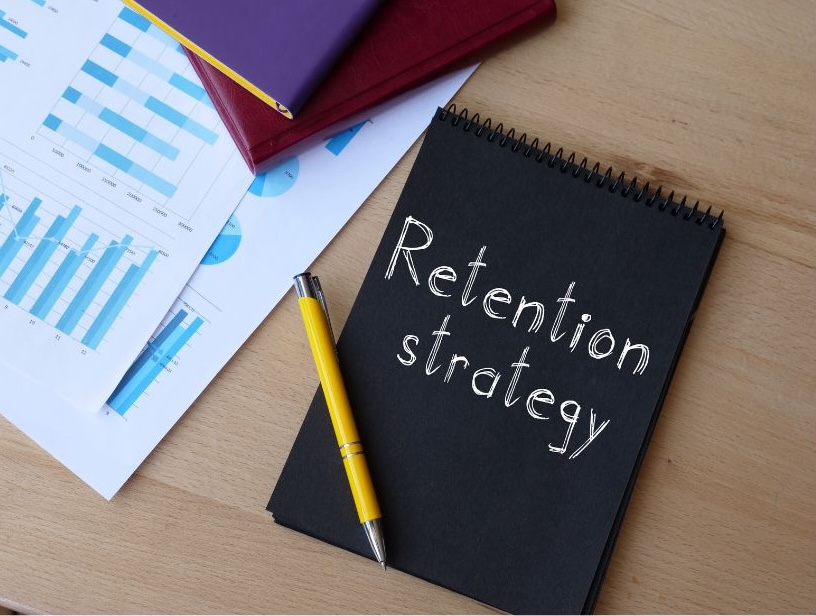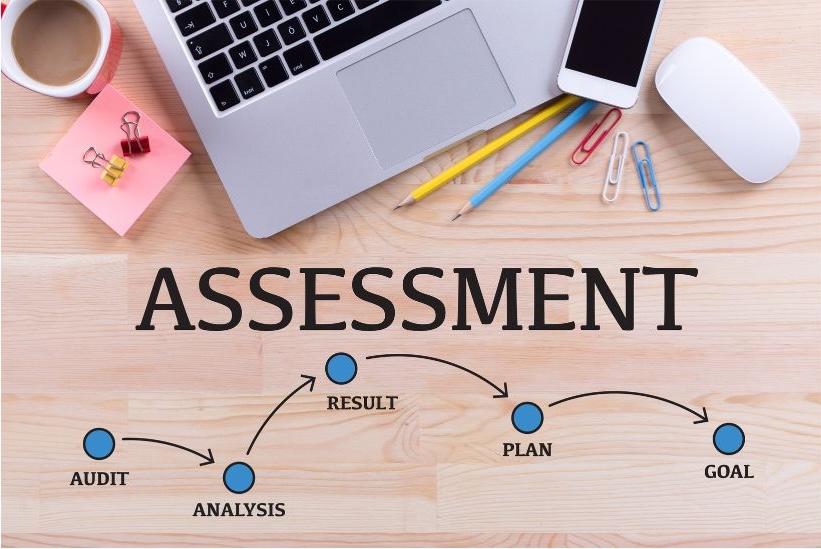Retaining top-performing agents is critical to the long-term success of any brokerage or team. While recruiting new talent is essential, retaining skilled agents who are already familiar with your brand, culture, and market is often more cost-effective and productive. The key to agent retention lies in creating a comprehensive, long-term development plan that not only helps agents grow professionally but also aligns with their personal career aspirations.
This blog will explore the essential components of a long-term agent development plan, how to implement it effectively, and the benefits of such a strategy for both agents and the organization.
1. The Importance of Agent Retention in Real Estate
Agent turnover can be costly and disruptive. High turnover rates lead to loss of valuable knowledge, decreased team morale, and increased expenses related to recruiting and training new agents. On the other hand, retaining skilled agents provides several benefits:
a. Cost Savings
Retaining an existing agent is generally less expensive than recruiting, hiring, and training a new one. Recruitment efforts, onboarding, and the time it takes for a new agent to become fully productive can strain resources.
b. Consistency in Client Experience
Agents who stay longer with your team are more familiar with your processes, values, and clients. They are more likely to provide consistent service and build long-term relationships with clients, which can enhance the reputation of your brokerage.
c. Increased Productivity
Experienced agents tend to be more productive because they understand the market, the company’s tools and resources, and have developed strong relationships with colleagues and clients. Retaining these agents maintains a high level of productivity.
d. Enhanced Team Morale
When agents see that their colleagues are committed to staying with the brokerage, it fosters a sense of stability and loyalty. High retention rates can lead to better team cohesion and a more positive workplace culture.

2. Key Elements of a Long-Term Agent Development Plan
To create an effective development plan that maximizes retention, focus on these key elements:
a. Clear Career Pathways
Providing a clear and structured career pathway helps agents understand how they can grow within your organization. Outline different career stages, from entry-level roles to leadership positions, and the skills and experience required for each step.
- Junior to Senior Progression: Define what it takes to move from a junior agent to a senior agent role, such as meeting sales targets, years of experience, or acquiring additional certifications.
- Specialization Opportunities: Offer agents opportunities to specialize in areas such as luxury real estate, commercial properties, or property management.
- Leadership Roles: Develop pathways for agents interested in becoming team leaders, mentors, or managers, and provide training in leadership and management skills.
b. Customized Training and Skill Development Programs
Invest in continuous training and development tailored to the needs of each agent. This can include a mix of in-house training sessions, online courses, workshops, and certifications.
- Sales and Negotiation Skills: Regular training sessions on advanced sales techniques, negotiation skills, and handling objections.
- Technology and Tools Training: Keep agents up-to-date on the latest tools, CRM systems, and marketing platforms.
- Market Knowledge: Provide training on local market trends, real estate regulations, and economic factors affecting the industry.
c. Mentorship and Coaching Programs
Mentorship and coaching programs provide agents with one-on-one guidance from experienced professionals. A good mentor or coach can help agents navigate challenges, set and achieve goals, and accelerate their professional growth.
- Mentorship for New Agents: Pair new agents with experienced mentors who can provide practical advice, share knowledge, and help them build confidence.
- Coaching for Experienced Agents: Offer personalized coaching to help experienced agents refine their skills, explore new niches, or prepare for leadership roles.
d. Regular Performance Reviews and Feedback
Establish a system of regular performance reviews to provide constructive feedback, recognize achievements, and identify areas for improvement. These reviews should be a two-way conversation that allows agents to express their career goals and any concerns.
- Goal Setting: Set clear, measurable goals for agents and review progress regularly. Adjust goals as needed based on performance and market conditions.
- Recognition and Rewards: Acknowledge and reward agents for achieving goals, surpassing sales targets, or demonstrating exemplary customer service.
e. Opportunities for Continued Learning and Growth
Encourage a culture of continuous learning by offering opportunities for professional development beyond formal training. This can include attending industry conferences, participating in webinars, joining real estate associations, or obtaining advanced certifications.
- Educational Stipends: Provide financial support for agents to pursue further education, certifications, or professional designations.
- Learning Communities: Create internal learning communities where agents can share insights, discuss industry trends, and learn from each other.
f. A Supportive and Collaborative Culture
Foster a positive and collaborative work environment where agents feel supported and valued. This includes open communication, access to resources, and a strong sense of community.
- Team Building Activities: Organize regular team-building events, social gatherings, or retreats to strengthen team bonds.
- Open Door Policy: Encourage open communication between agents and leadership to build trust and transparency.
g. Flexible Work Arrangements
Flexibility is a major factor in job satisfaction. Offering flexible work arrangements can help agents balance work with personal life, leading to increased job satisfaction and retention.
- Remote Work Options: Provide options for remote work or hybrid models, especially for administrative and marketing tasks.
- Flexible Schedules: Allow agents to set their own schedules, especially if they are meeting or exceeding performance expectations.

3. Implementing the Development Plan Effectively
A well-crafted development plan is only as good as its implementation. Here are key steps to ensure successful execution:
a. Communicate the Plan Clearly
Ensure that all agents understand the development plan, including career pathways, training programs, mentorship opportunities, and performance expectations. Use meetings, workshops, and digital platforms to communicate the plan.
b. Assign Dedicated Managers or Development Coordinators
Having a dedicated manager or development coordinator who oversees the implementation of the development plan can ensure that the process is organized and consistent. This person can track progress, facilitate training, and provide support where needed.
c. Create Individual Development Plans (IDPs)
Work with each agent to create a personalized development plan based on their strengths, weaknesses, career aspirations, and market demands. Tailored plans are more effective because they align with an agent’s personal goals and interests.
d. Monitor Progress and Adjust as Needed
Regularly monitor the progress of agents against their development plans. Use performance metrics, feedback sessions, and one-on-one meetings to assess progress and make adjustments where necessary.
e. Celebrate Milestones and Achievements
Celebrate both small and large milestones. Recognizing achievements keeps agents motivated and reinforces a positive and supportive work environment.

4. Measuring the Effectiveness of the Development Plan
To ensure that your development plan is effective and delivering the desired results, measure its impact regularly. Key performance indicators (KPIs) to consider include:
a. Agent Retention Rates
Monitor the rate at which agents leave your brokerage versus the industry average. A lower turnover rate is a strong indicator that your development plan is working.
b. Agent Productivity
Track the sales volume, lead conversion rates, and client satisfaction scores of agents. Increased productivity and performance are signs that your agents are growing and benefiting from the development plan.
c. Agent Engagement Levels
Use surveys, feedback sessions, and performance reviews to gauge agent engagement and satisfaction. Engaged agents are more likely to stay with your brokerage and contribute positively.
d. Progress Toward Career Goals
Regularly assess how agents are progressing toward their career goals. Are they moving up the career ladder, taking on more responsibilities, or achieving new certifications?

5. Benefits of a Long-Term Agent Development Plan
A well-executed development plan benefits both agents and the brokerage:
a. Improved Agent Retention and Loyalty
Agents are more likely to stay with a brokerage that invests in their growth and offers a clear path to success. This loyalty translates into lower turnover and a more stable team.
b. Higher Agent Productivity and Performance
Continual training, mentorship, and feedback help agents improve their skills, stay motivated, and perform at their best.
c. Stronger Company Reputation
A reputation for nurturing talent and fostering growth can make your brokerage a magnet for top talent. Happy, well-developed agents also become ambassadors for your brand, enhancing your reputation in the market.
d. Sustainable Business Growth
A team of skilled, motivated, and loyal agents contributes directly to the brokerage’s growth. By retaining top talent and maintaining high productivity levels, you can achieve sustainable long-term growth.

Conclusion
Creating a long-term agent development plan is not just about retaining talent—it’s about building a thriving, high-performing team that drives the success of your real estate business. By investing in your agents’ growth, providing clear career paths, offering continuous training and mentorship, and fostering a supportive culture, you can maximize retention and create a team that is motivated, engaged, and committed to achieving both their personal goals and the goals of your brokerage.
